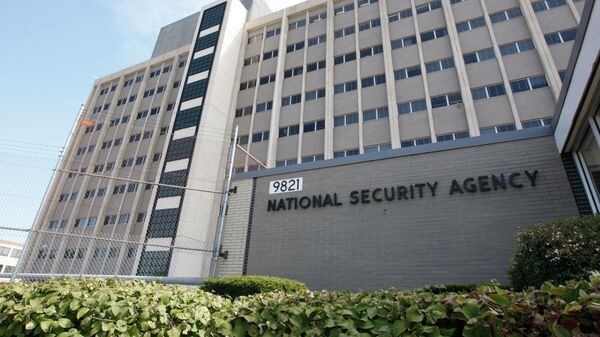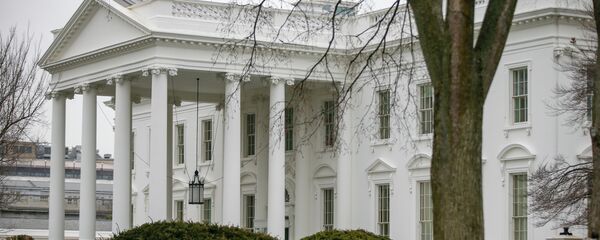The NSA justified its domestic spying apparatus on certain key provisions of the Patriot Act, the controversial legislation passed after the 9/11 terrorist attacks. In June, those provisions expired, and in addition to a ruling in May that deemed the NSA’s metadata collection unconstitutional, it looked like the agency’s domestic spying days were numbered.
Many, of course, remained skeptical.
"I think, if the past is any predictor of the future, that US government officials will find yet another way around any legal restrictions to continue their 'Total Information Awareness' project," whistleblower and former FBI agent Coleen Rowley told Sputnik.
Sure enough, the Foreign Intelligence Surveillance Court (FISC) ruled that the NSA could resume its mass surveillance for the next five months. Ostensibly, this would allow the agency to phase out its reliance on the program without risking national security.
Unsatisfied with that five month "grace period," the ACLU has filed a lawsuit seeking an immediate end to the bulk collection of phone call metadata.
"The government says it will wind down this unconstitutional program eventually, but the Constitution doesn’t have a grace period," ACLU Staff Attorney Alex Abdo said in a statement. "Bulk collection is unconstitutional and must end."
The USA Freedom Act, passed one day after the expiration of the Patriot Act provisions, stipulates that the NSA must get a warrant in order to collect metadata. That doesn’t go into effect until November 29, as long as the five month window is in place.
Many even question the effectiveness of the Freedom Act once fully implemented. Speaking to Sputnik, Indiana Senator Dan Coates pointed out that the new legislation could prove even more dangerous, since it allows private companies to collect personal data.
"We run the real risk of abuses of privacy," he said last month.
Others have noted that the “reforms” still violate the Fourth Amendment.
"The USA Freedom Act acts as if records that aren’t in your personal possession are fair game," Jim Babka, president of the Downsize DC Foundation, told Sputnik. "'Lawful' should be based on the standard of the highest law of our land – specifically, the Fourth Amendment. Mere legislation or judicial opinions that contradict it are, in the truest sense, illegal."
The judge in the FISC ruling determined that the unconstitutionality ruling did not apply since it came from a lower court.
"Second Circuit rulings are not binding on the FISC, and this court respectfully disagrees with that Court’s analysis, especially in view of the intervening enactment of the USA Freedom Act,"Judge Michael Mosman wrote in the court order instituting the five month surveillance window.
The ACLU has always taken issue with that argument.
"This dragnet surveillance program should never have been launched, and it should certainly be terminated now," deputy legal director of the ACLU, Jameel Jaffer, said in a statement. "Not even the government contends anymore that the program has been effective, and the Second Circuit has already concluded that the program is illegal."
"It’s a needless and unlawful intrusion into the privacy rights of millions of innocent Americans."
The scope of the NSA’s domestic spying apparatus was first brought to light by former government contractor Edward Snowden in 2013. The whistleblower now resides in Russia to avoid criminal charges in the United States.






